top_en
- 2026.02.13
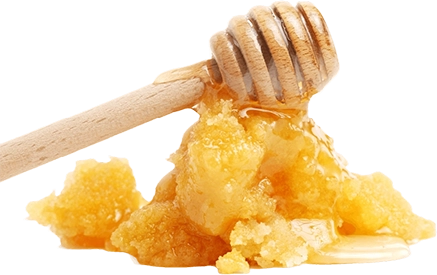
The fragrance of flowers is so rich
that it has been called
edible perfume.
From Tasmania, where the water and
air are the cleanest in the world.
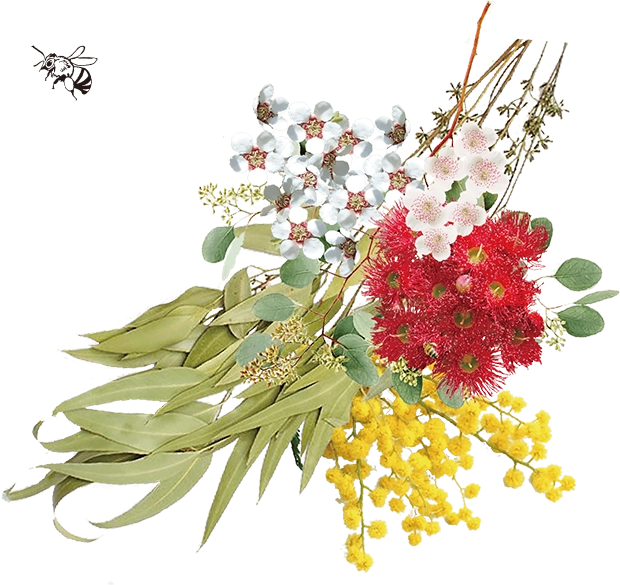
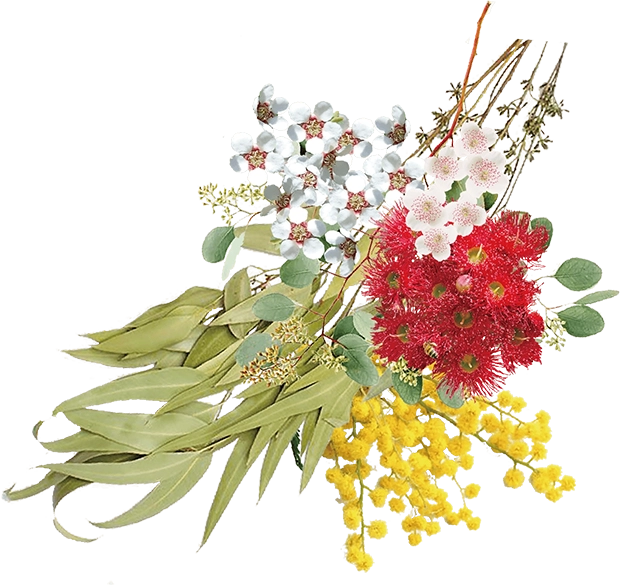
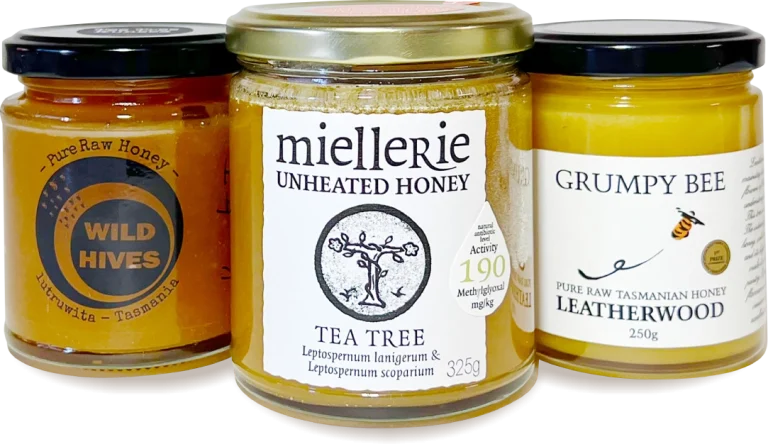
1
100% natural
Most plants are grown organically in Tasmania. Flowers grow with no pesticides and bees collect the honey.
2
Tasmanian honey
We would like to deliver to everyone the honey that is nurtured by this wonderful nature.
3
Unheated
We deliver the natural taste to your home as it is.
SHOP
-
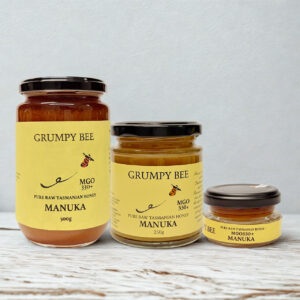
MANUKA MGO330+
¥2,000 – ¥15,000 Select options -

MANUKA MGO500+
¥2,400 – ¥11,000 Select options -
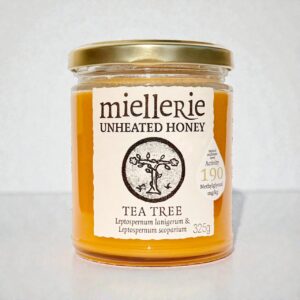
TEA TREE MGO190+
¥7,200 Add to cart -
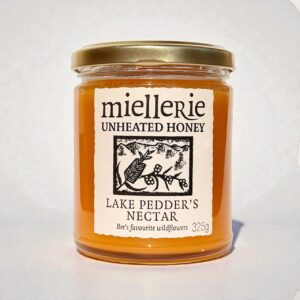
LAKE PEDDER’S NECTAR
¥4,900 Add to cart -
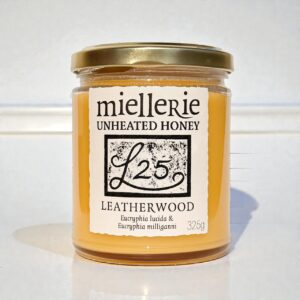
LEATHER WOOD
¥5,000 Add to cart -
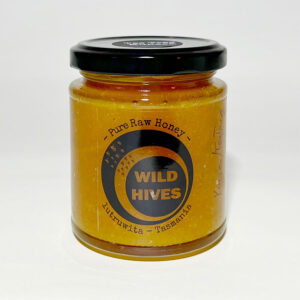 Out of stock
Out of stockTEA TREE – Freycinet Peninsula
¥6,800 Read more -
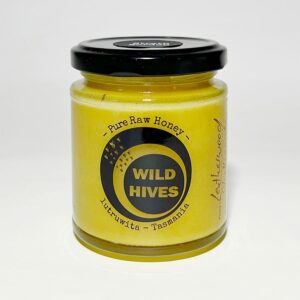
PRICKLY BOX Moulting lagoon
¥5,000 Select options -
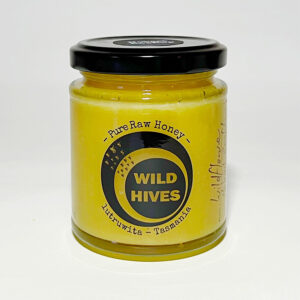
WILD FLOWER – Hobart Rooftop
¥5,000 Add to cart -

LEATHER WOOD
¥900 – ¥4,800 Select options
ABOUT
High D found the special honey in Tasmania, Australia, where the air and water are the cleanest in the world.
Tasmania is mostly organically grown.
Flowers without pesticides, and the bees collect the nectar.
We want to deliver the honey that was grown in such wonderful nature.
With this in mind, High D will introduce Tasmanian Honey to you.
Please take it as a gift for your loved one as well as for home use.
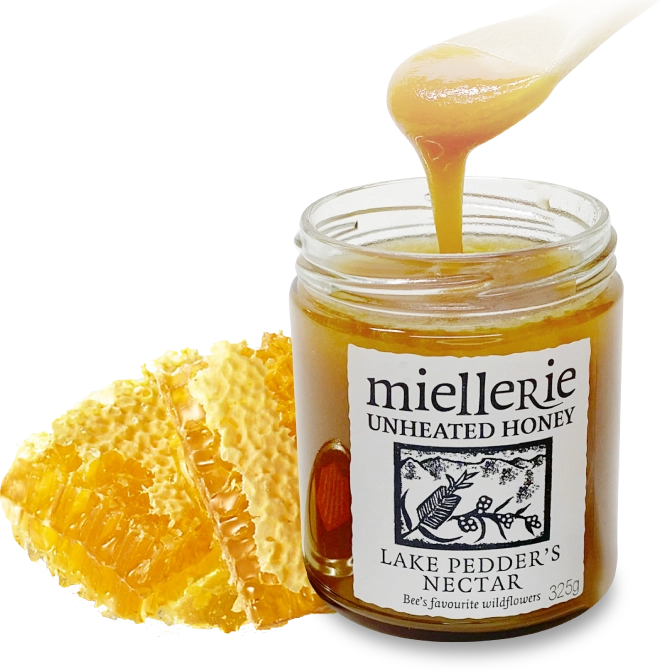
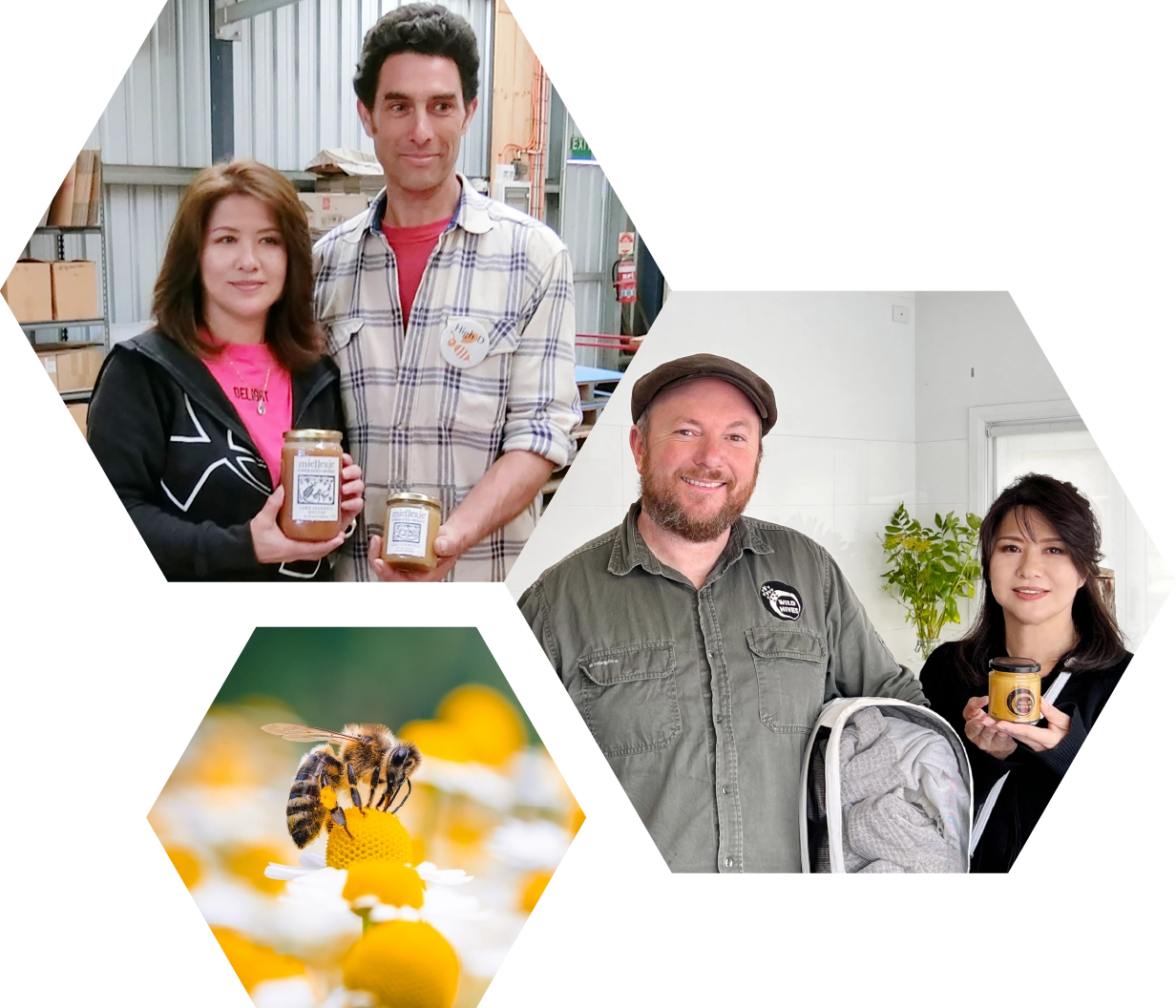
MESSAGE
I received Leatherwood Honey as a gift and could not forget how delicious it was, so through a friend I was able to meet the beekeeper of my dreams and started importing it in 2019. The people living in Tasmania all love nature and try to eat a diet that avoids food additives as much as possible.
Living with the blessings of nature, not only honey, has taken on a special meaning for me. Tasmanian honey has taught me that "the real thing tastes so much better.
I would like to share this excitement with the people of Japan.
That is High D's wish.
Michiko Horiki
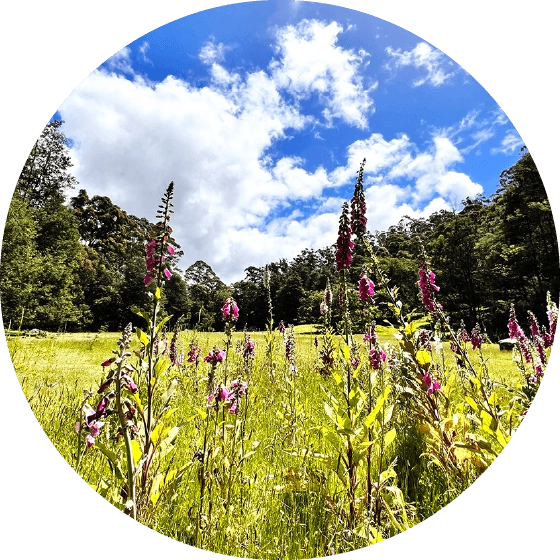
Tasmania, Australia
The island of Tasmania has a unique natural environment created during the Ice Age.
About 37% of the island is designated as a nature reserve, and the mainland is home to rare and endemic species and plants.
Summer in the southern hemisphere is from December to February, when honeybees visit blooming flowers to gather nectar.
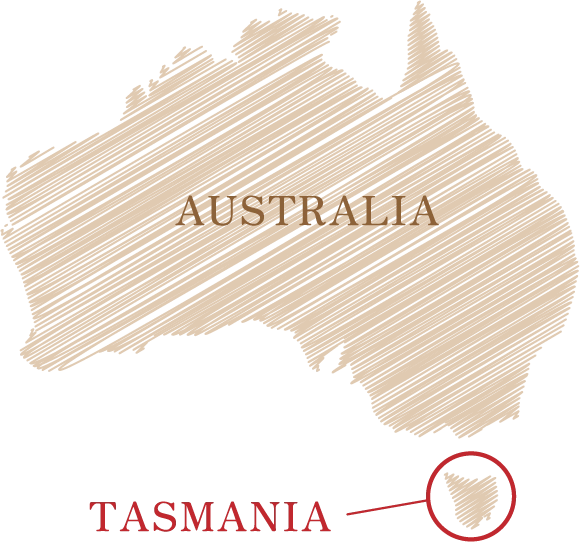
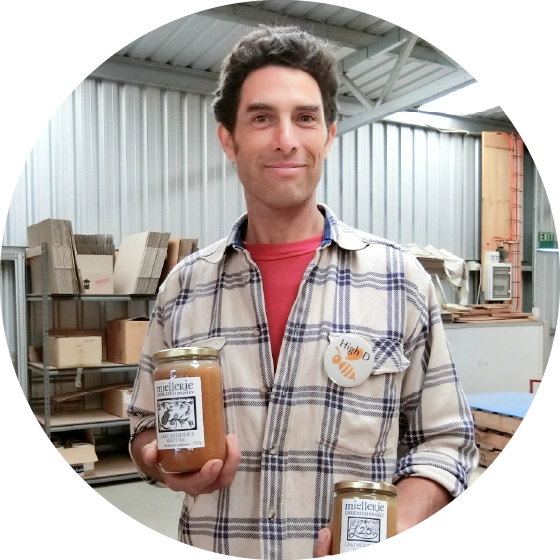
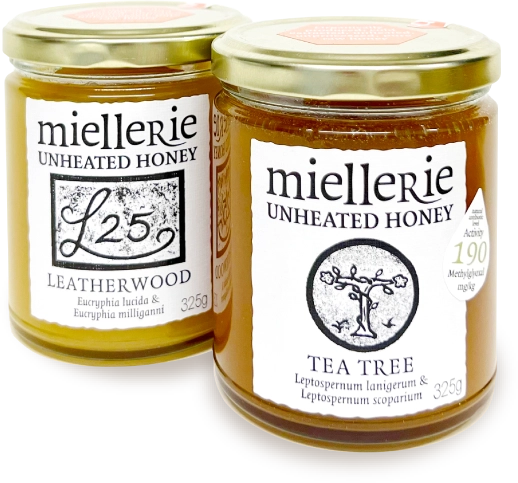
mielleRieHoney Founder
Mr. YVES
mielleRie began when founder Yves traveled from France to Tasmania, driven by a desire to deliver authentic honey. Today, new owners Chad & Ondrea carry on that passion, carefully preserving the taste of mielleRie, one jar at a time, just as it was when the company was founded.

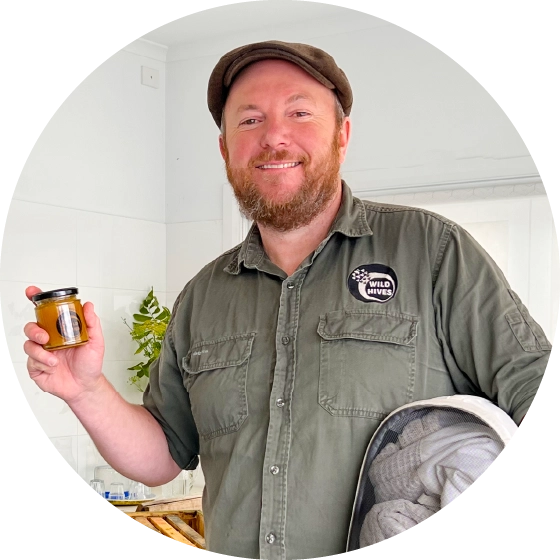
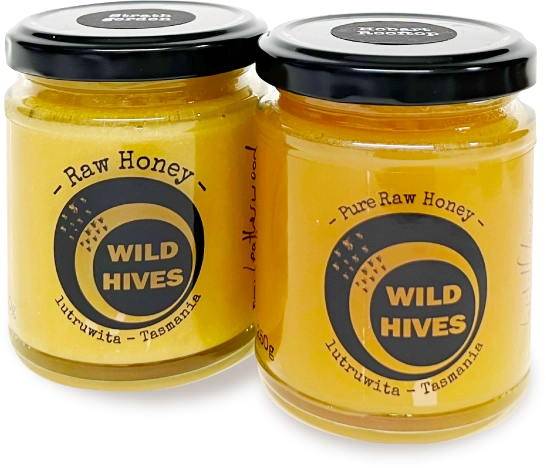
WILD HIVES Beekeeper
Mr. Rob
Rob is active in the conservation of wild honeybees. He is involved in beekeeping, nurturing them in the unique land of Tasmania. He sells his bees in his own store and at Marche, and only a few hotels and cafes carry his bees.
It is a very rare brand.


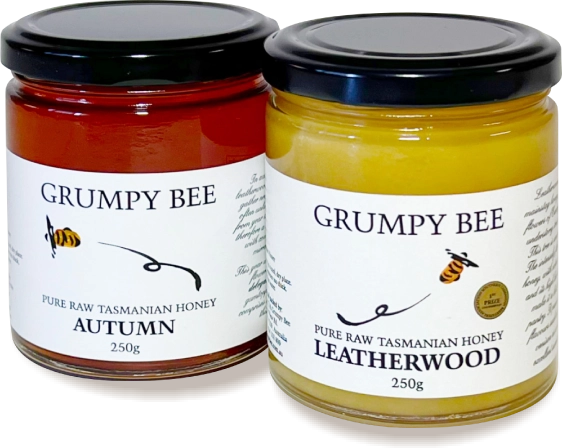
GRUMPY BEE Beekeeper
Mr. Ross
Ross runs a small, family-owned beekeeping business by the name of Grumpy Bee.
His hives are located in a forest that includes a World Heritage wilderness area, and they primarily produce unheated Manuka and Leatherwood bee products.
Ross also rescues and re-homes bee swarms found without a hive.

新着情報
- 2026.02.13
- 2026.02.13
- 2026.01.23
- 2024.12.16
MARCHE
High D has a stall at Ebisu Marche.
Please check the schedule of our stall.
Ebisu Marche
Plaza in Yebisu Garden Place
1-13-1 Mita, Meguro-ku, Tokyo 153-0062, Japan
5-minute walk from Ebisu Station on the JR Yamanote Line
10-minute walk from Ebisu Station on the Hibiya Line
〈Date & Time〉Scheduled to be held on the 2nd and 4th Sundays from 11:00 a.m. to 5:00 p.m.
*The event may be canceled or suspended due to inclement weather.
Scheduled
 Loading…
Loading…